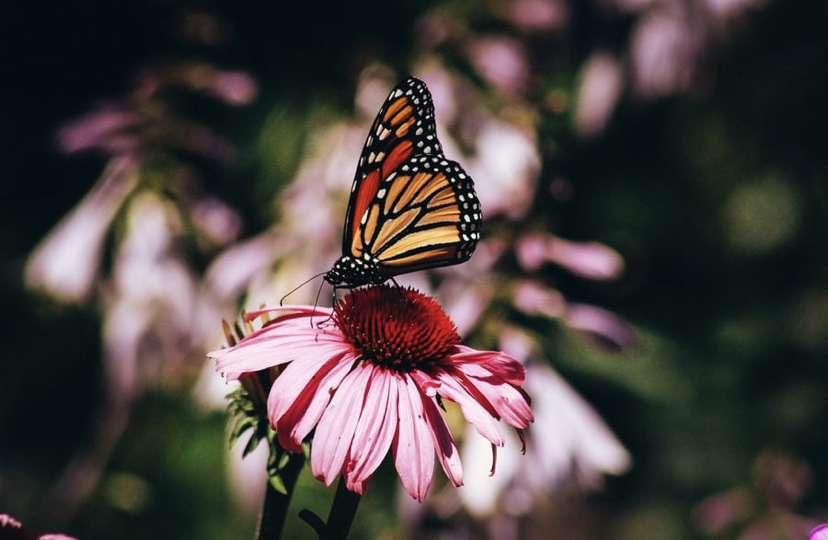By Openlands’ Staff Attorney, Molly Kordas and Senior Counsel, Stacy Meyers
After six long years of consideration, the U.S. Fish and Wildlife Service (USFWS) announced in December that it would not protect the Monarch under the Endangered Species Act (ESA), despite evidence that the North American butterfly has suffered dramatic population decreases over the last half-century.
The Service acknowledged that the species is in decline and warrants listing, but ultimately concluded that it simply does not have the resources needed to list the species. Citing 161 other species under consideration for the list with higher priority needs, the Service will publish any further findings in one year, but ultimately delayed the decision for another four years, promising to revisit the issue in 2024.
Monarch butterflies cannot sustain this length of delay. Threats, such as habitat loss and fragmentation, pesticides and herbicides, fires, droughts, early freezes, extreme storms, illegal logging, and other impacts of the climate crisis are growing worse, wreaking havoc on the North American population, which makes up roughly 90 percent of the global population.
North America has two main populations of Monarchs – the western population, which has been nearly eradicated, and the eastern population, which has declined by more than 80 percent over the last 40 years. However, the Service does not list subpopulations of insects based on the areas where they live or migrate, like the western and eastern populations of Monarchs, so the species must require listing as a whole. Due to the Monarch’s complex life cycle and migration patterns, the species is incredibly difficult to track and monitor.
The threat of delay is compounded by protections lost to wildlife in multiple federal regulatory rollbacks. The Trump administration crippled vital provisions of the ESA and the Migratory Bird Treaty Act (MBTA), regulations, which were finalized last week despite a federal court’s determination that the actions taken by the Department of Interior were contrary to the purpose of the MBTA.
As a result, if the Monarch were listed today, it still would not be afforded the protections intended and legally required by the ESA. Blanket protections that historically protected threatened species were eliminated or weakened. For instance, agencies can now consider the economic impacts of protecting additional species and their critical habitat, and more easily gloss over extinction threats that result from the growing climate crisis.
To achieve adequate protection and conservation of the species, the incoming Biden Administration must reverse these harmful rollbacks, revisit consideration of the Monarch as a federally-threatened species, and restore power and capacity to both the USFWS and the laws and regulations it enforces.
What Can You Do to Protect the Monarch?
Individuals can have a huge impact on ensuring the future of the Monarch, as well as many species of insects currently in decline. The National Academy of Sciences recently published a list of eight steps everyone can take to help conserve and protect insects from global declines.
These steps include converting lawns into diverse natural habitats and growing native plants, as well as reducing the use of pesticides and exterior lighting. Openlands has not only preserved and restored landscapes in Northeastern Illinois for decades, but also assists individual landowners in creating Lands in Harmony through conservation-friendly practices on their own properties.
Finally, you can tell your federal elected officials that the Monarch cannot wait and ask Congress to fully fund the USFWS. We must also insist that the Biden Administration reverse the damaging environmental policies of the last four years and take real action as soon as possible to fully protect the quality of our land, water, air and wildlife that are all vital to a clean, beautiful, and healthy environment.
